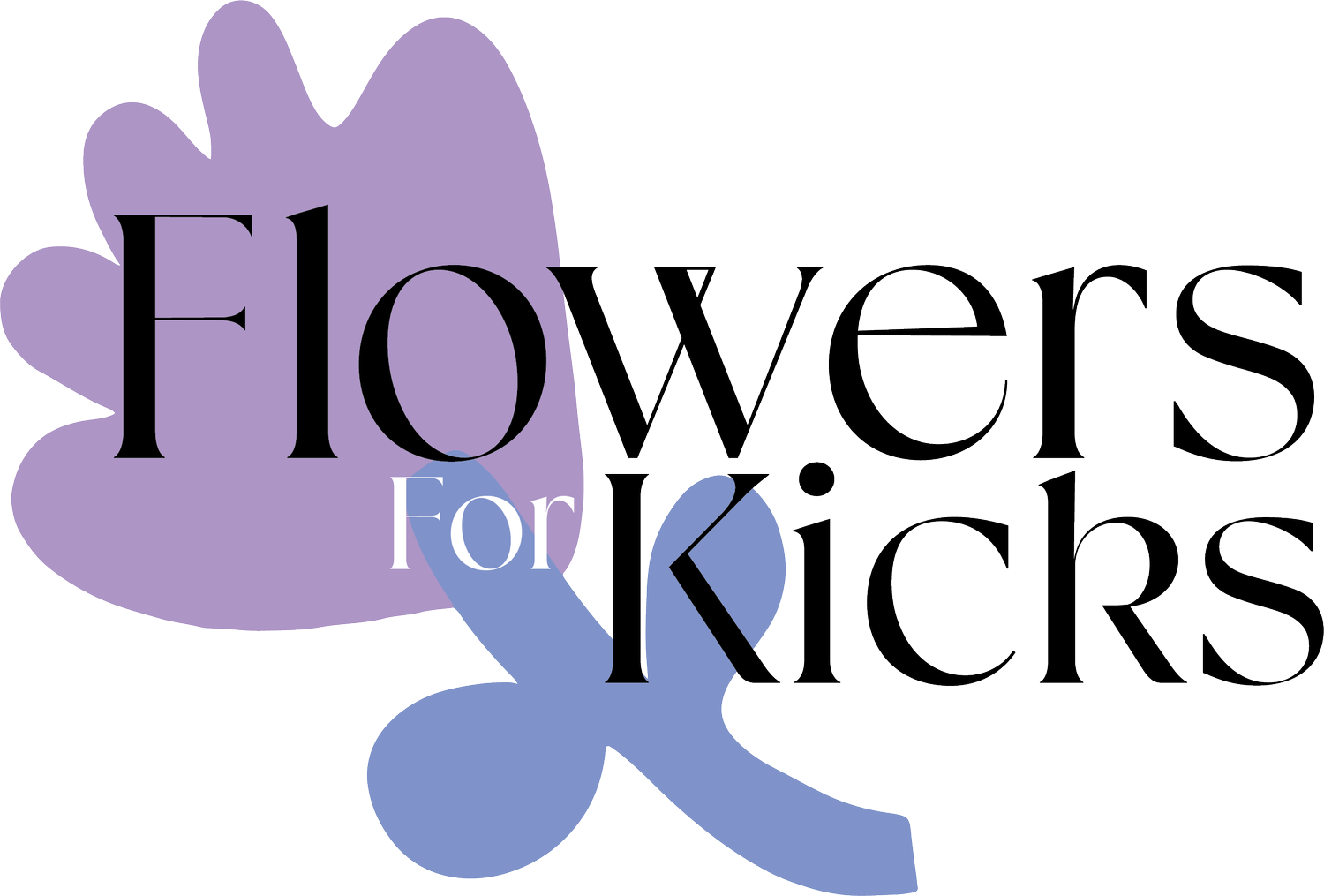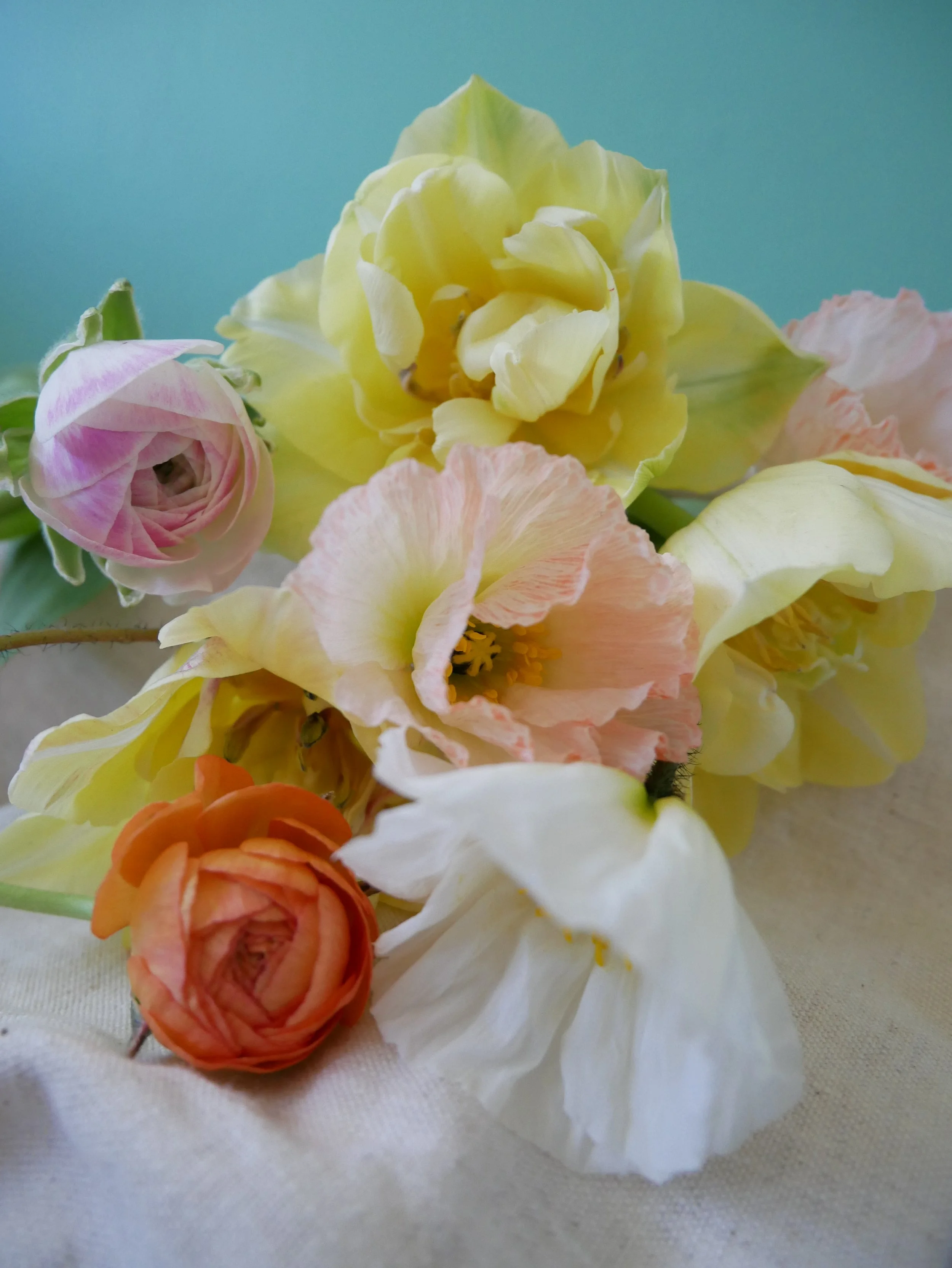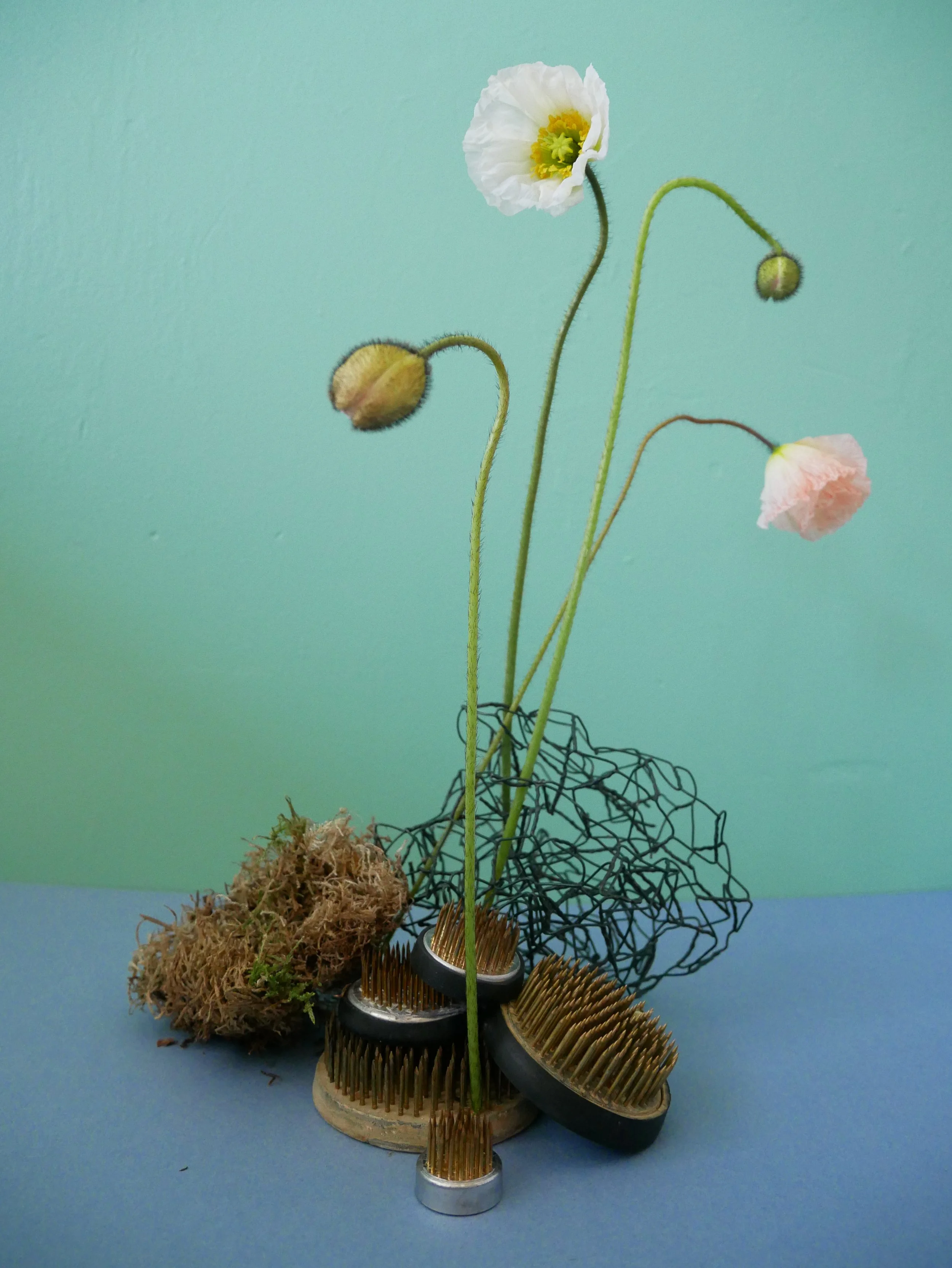Sustainable Floristry
You would think that floristry and sustainability would be intrinsically linked - floristry is, after all, an artistry that draws its inspiration and resources from nature. Unfortunately, sustainability in the world of flowers is a huge problem. Imported flowers dominate the industry, with countries close to the equator offering favourable growing climates providing vast quantities of our flowers. These flowers come at a huge environmental cost: they are often covered in a range of chemicals which are used liberally during the growing and conditioning process. These chemicals are harmful to ecosystems and human health - unfortunately, and perhaps unknowingly, the consumer is exposed to them when they are brought into the home. They are also flown across the globe via refrigerated transportation. Sadly, all of this contributes to a very large carbon footprint.
It is also worth considering the cost of flowers. Cheap labour and poor working conditions have been commonly associated with imported flowers and have led to cheap flowers being widely available. This has been very damaging both in terms of supporting unhealthy work practices but also to the consumer, who has not only become disassociated from the seasonality of flowers but also from the value that comes from sustainably and locally grown flowers. When you choose British grown flowers, you are choosing flowers that have not travelled large distances to get to you, supporting local businesses and investing in your local economy and environment. Most non commercial independent flower farmers grow using little or no chemicals, and by doing so are actively increasing bio diversity. Imported flowers have been bred to have straight stems and no scent, making them easier to transport and increasing their longevity. Nature does not produce straight stemmed, scentless flowers which have been saturated in chemicals, so why is this what the consumer is predominantly offered? Flowers should be a visceral experience, and I believe a bouquet should celebrate their seasonality and characterful, fleeting nature.
Cornish grown spring flowers
These are some of the main reasons why I will only work with British flowers, and it's a choice that I am wholeheartedly committed to. There are definitely some complications that come with this that I will have to overcome. The season is limited, so I cannot source fresh flowers between November and March/April. I can however find lots of beautiful British foliage and dried stems, which all reflect our immediate landscape and nature’s winter dormancy, and I will advocate for their beauty over out of season imported fresh flowers. It is also not as convenient to source British flowers and I may need to gather from multiple growers in any one week, but that seems a small price to pay for protecting our environment.
Other areas of my work where I advocate for sustainability are in my choice of materials and techniques. This is not always straight forward and I admit that I am still working to be completely sustainable. My wreaths for example, come on a reusable metal ring, with sustainably sourced moss, but I do use wire rather than twine to secure the stems in place. I have found this the most successful way to offer a wreath which I am confident will hold its structure and form for the duration of the festive period. I will continue to experiment with this though, as I would love to offer a fully compostable wreath.
There are lots of other smaller actions that I proudly take. Floral foam has been widely used in the flower industry as a way of keeping flowers hydrated. It is a single use non biodegradable plastic and is harmful to aquatic animals, breaking down into micro plastics. Consequently, I will never use this in any of my arrangements. Thankfully there are great alternatives, and arrangements can be made easily with chicken wire, moss or kenzans. Similarly, my packaging is fully recyclable or biodegradable. I source uncoated postcards, biodegradable stickers and use cardboard boxes, Kraft and tissue paper, without any plastic wrap or poly ribbon for my bouquets. There is also no flower food included with my bouquets - instead, customers are given a comprehensive guide on how to care for their flowers to increase their vase life. These are all simple, impactful changes that any florist can embrace. Unfortunately, out of date practices and materials seem embedded in the world of floristry and so these sustainable methods are not commonplace. I do believe though that sustainable floristry is a growing movement which is gaining traction, and hopefully over time this knowledge will become more widespread amongst florists and consumers alike.
Sustainable floral mechanics - chicken wire, moss and kenzans
I hope this offers some insight into the choice I make to offer only seasonal British flowers and sustainable techniques, and the power the consumer can have to positively impact the environment by choosing them too. I urge any flower lover to question the provenance of the flowers they are buying and to support sustainable floristry and British flower growers whenever possible.


